Establishing a reputable hotel at the heart of Aberdeen is no easy task.
Mary Martin and her partner Robert Keane have invested years of effort and care to make The Douglas Hotel on Market Street the best it can be.
And they have put a lot of work into making the venue a city centre staple – whether that be for a bite at their restaurant Molly’s Bistro, a wedding, or an overnight stay.
Sitting at a freshly polished table overlooking the bus gates outside, Mary proudly says they have earned a solid base of loyal customers over the last 20 years.
But those nearby traffic measures, she tells me with a sigh, have changed that.
Over the last 12 months, she has lost a number of regulars, now put off by the thought of getting a fine or becoming confused by the new road layout.
And it’s not just customers.
The bus gates have also caused issues with staff, as well as contractors needed to keep the hotel up to scratch.
Mary is now one of several traders joining The Press and Journal in taking a stand and pleading for a Common Sense Compromise as a vote on making the measures permanent looms.
The award-winning Aberdeen business luminary reveals:
- As many as 30% of customers are now staying away, while staff are increasingly tempted to abandon ship
- Why she initially didn’t think the traffic ban was anything to be too concerned about
- And her fears people will leave Aberdeen altogether if the bus gates are made permanent
‘I was in a sense of false comfort’
I’m speaking to Mary in Molly’s Bistro, just a stone’s throw from the bus gates outside the hotel.
She points towards the sign through the window, lamenting “the council has made a fundamental mistake…”
The hotelier has never shied away from offering her opinion on the controversial measures.
When we first broke the news they would be installed, Mary was among the first to raise her concerns – voicing fears about the impact on events reliant on cars dropping people off at the front door.
And, of course, many of her older clientele need to be driven right up to the hotel.
However, she assumed this “experiment” would be over once the ill effects became clear.
How wrong she was.
She reflects: “Because it was presented as experimental, I wasn’t as panicked at first.
“I was in a sense of false comfort, thinking they’re going to review this and realise it isn’t working.
“But now they are saying they could be permanent, and that’s that.
“We’ve been assured that the signage is clear but there are still people going through the bus gate unknowingly.
“And that’s costing us customers – some of whom have been coming here for years.
“Now they don’t want to do that because it’s too difficult. It’s a shock.”
A year on, her worst fears have come true.
What happened next?
As perception spread that Aberdeen city centre was “off limits”, things got worse.
Mary reckons that they have lost about 30% of their customers, many of whom came in from Aberdeenshire.
These lost regulars, she explains, are the “mid-week market” who would combine a visit to Molly’s with a shopping trip or show at the Tivoli.
Many have said farewell to the hotel due to “the hassle” of navigating the Granite City.
And this has proven yet another obstacle in an increasingly tough fight for survival for many businesses.
‘We are trying our best to stay afloat…’
“The bus gates were introduced with such a blunt instrument,” she snaps as her cheerful smile fades.
“And it was after several very challenging years for businesses – Covid, inflation, cost-of-living crisis, you name it.
“They just came in and shut the whole central area so that now we can have the extra issue of people not being able to get here.
“And then they keep going ‘Oh, but it will all be great in two-years time!’…Maybe, but two-years time in a business is a very long time, especially in the service industry.
“We are trying our best to stay afloat, but we need help – not another huge hindrance such as the bus gates.”
Mary reveals that her receptionist has even received panicked calls from flustered visitors already ensnared in the forbidden zones and asking for help.
Why do hotel workers need their own cars?
Employees and those hired to carry out work soon joined customers in staying away.
Mary admits that it’s becoming harder and harder to retain skilled workers, as some who had been at the Douglas Hotel for years chose to move to more accessible venues.
She understands the council’s bid to encourage public transport by reducing car usage in the centre…
However, bus times “are not tailored to hotel workers”, with unsociable hours meaning they could be stranded in Aberdeen late at night.
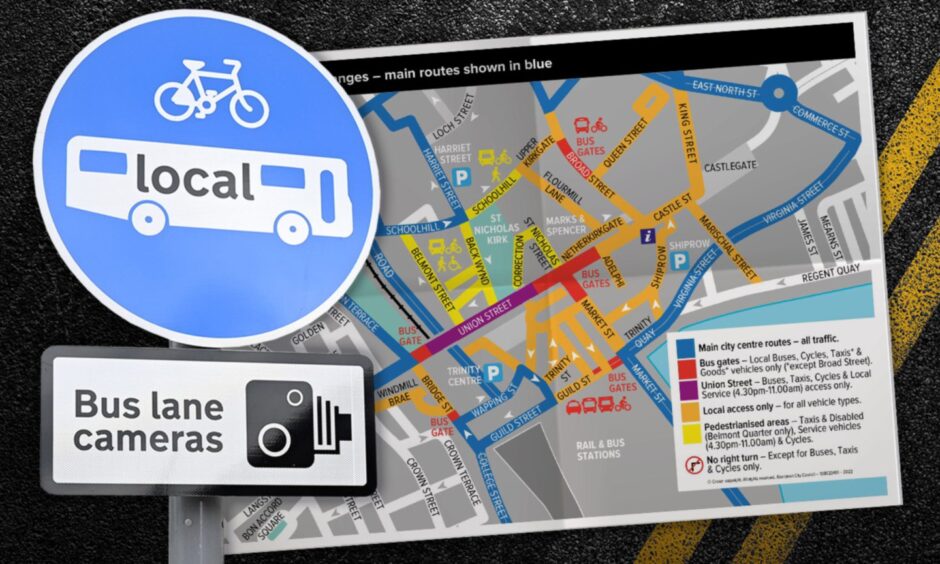
‘Driving around the bus gates is a nightmare’
The venue has 98 bedrooms, 65 apartments and plush wedding suites. It’s just next to the bustling Shiprow – which Mary was instrumental in bringing back to life.
It has gone from shabby to chic in recent years, with the Ivy Lodge terrace bar and trendy food stalls proving a huge hit.
But no matter how pleasant Mary makes people’s trips to the Douglas, she is fighting a losing battle when it comes to their experience in Aberdeen city centre.
Guests are ‘receiving two fines in one day’
She explains: “We are trying to give people a lovely and relaxing experience here, but by the time they get to the hotel they are already stressed, panicked and frustrated.
“To try and get here from any part is a nightmare.
“We’ve had guests who come in and say they’ve had two fines in one day. Well, they wouldn’t want to come again once that has happened, would they?
“And they [the council] keep saying that people will adjust, people will get used to it. They won’t – they will just go somewhere else. It’s as simple as that.
“People make a city, and if we want them to come here we’ve got to make it as appealing and as easy as possible.”
What is our Common Sense Compromise?
Determined to do her bit, Mary was one of several business minds who visited The P&J office this week to come up with our alternate set of proposals.
They are:
- Keep the Guild Street bus gates, along with restrictions on Schoolhill and Upperkirkgate.
- Remove the bus gates at the Adelphi and Market Street, allowing access in both directions through Market Street.
- Remove the bus gates on Bridge Street, allowing full access in both directions.
- Remove the right turn ban on Union Terrace.
- Issue a warning rather than a fine to first offenders.
- Use fines to help city centre businesses via transport initiatives.
I’m speaking to her a few days later, as a petition backing those suggestions has amassed a whopping 4,000 signatures.
Pleased at the support, Mary is optimistic. But also realistic.
“I think these [suggestions] will address a lot of the issues that we have, but I understand there’s no magic wand,” she says.
“We are not under the illusion that we can instantly make the city centre beautiful, and that we’re all going to be booming again by doing these compromises.
“What we are suggesting is the minimum that they can do – and it is doable – so people are not flowing through the city but coming into it.
“And if we don’t do this, I really believe that people will abandon Aberdeen altogether.”
She concludes with a frown: “I despair if we don’t open this up.”
How you can help
The Press and Journal is standing side by side with Aberdeen businesses and business organisations in an appeal to reach a Common Sense Compromise.
But we can’t do it alone – we need your help.
If you would like to back our Aberdeen bus gate campaign, add your name to the petition launched by Aberdeen and Grampian Chamber of Commerce HERE.
Other ways to show your support and have your voice heard can be found HERE.
Read more about what the Common Sense Compromise is all about and who is backing it:
- Traders stand united in plea for Common Sense Compromise on Aberdeen’s bus gates ahead of crunch vote
- ‘We’ve certainly seen a drop’: West end shops back bus gate fix as owners reveal impact on trade
- ‘I’ve stopped going into Aberdeen’: Why THOUSANDS are already backing ‘business-saving’ campaign for bus gates compromise
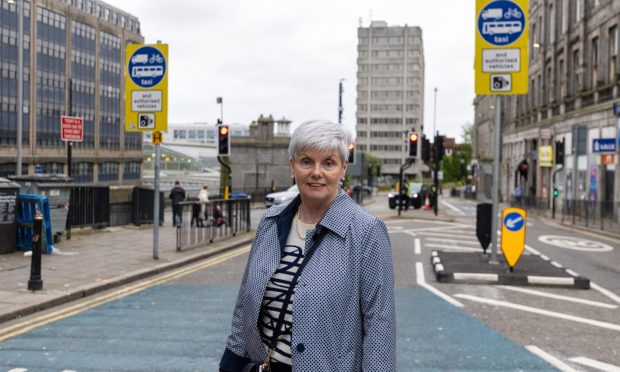
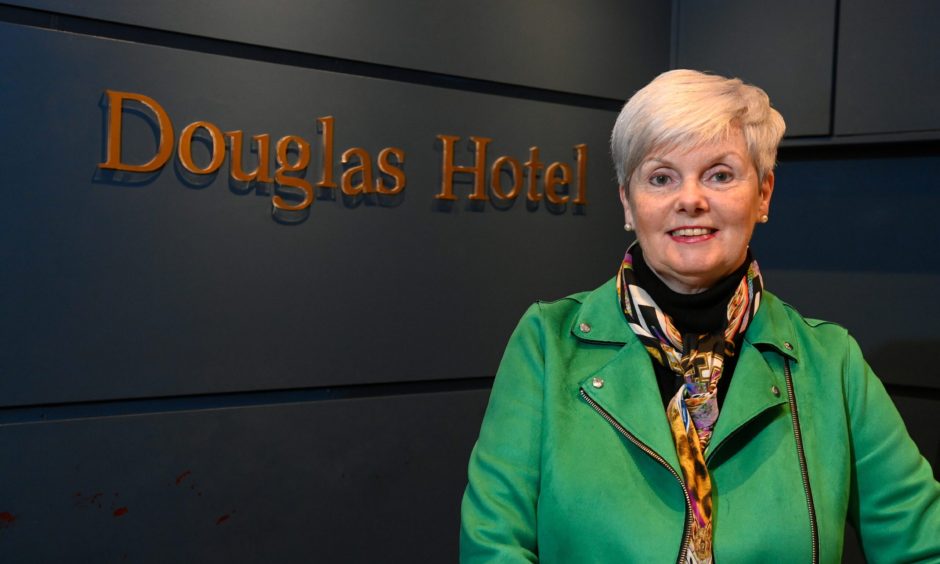
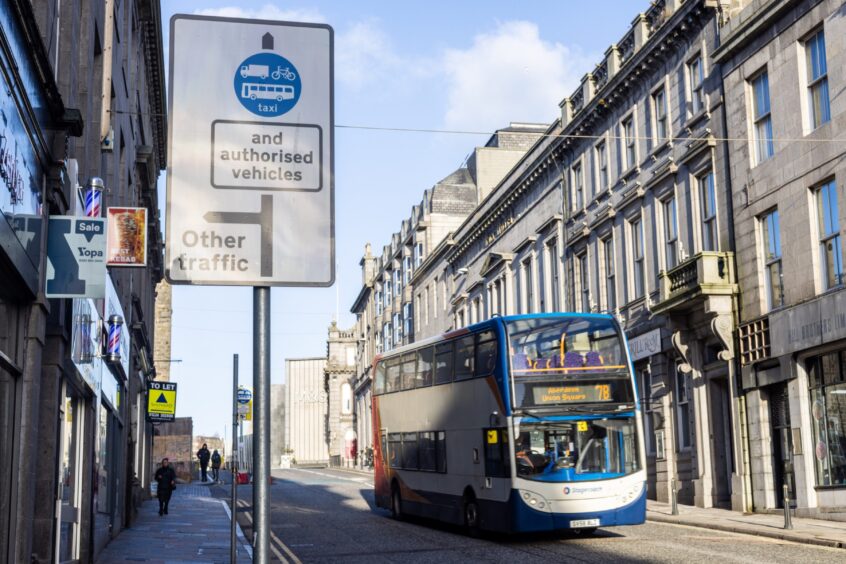
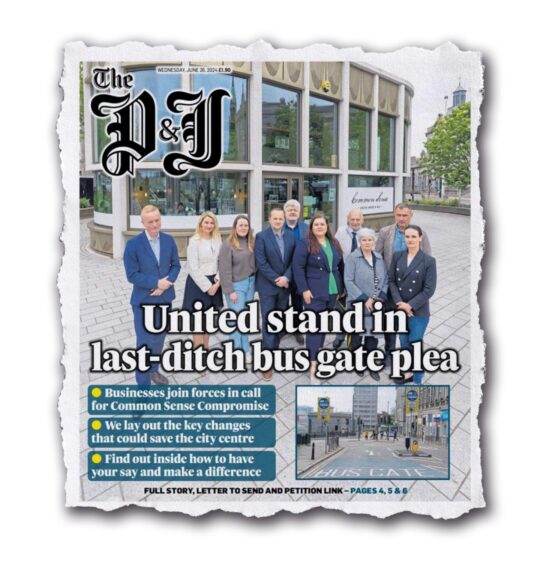
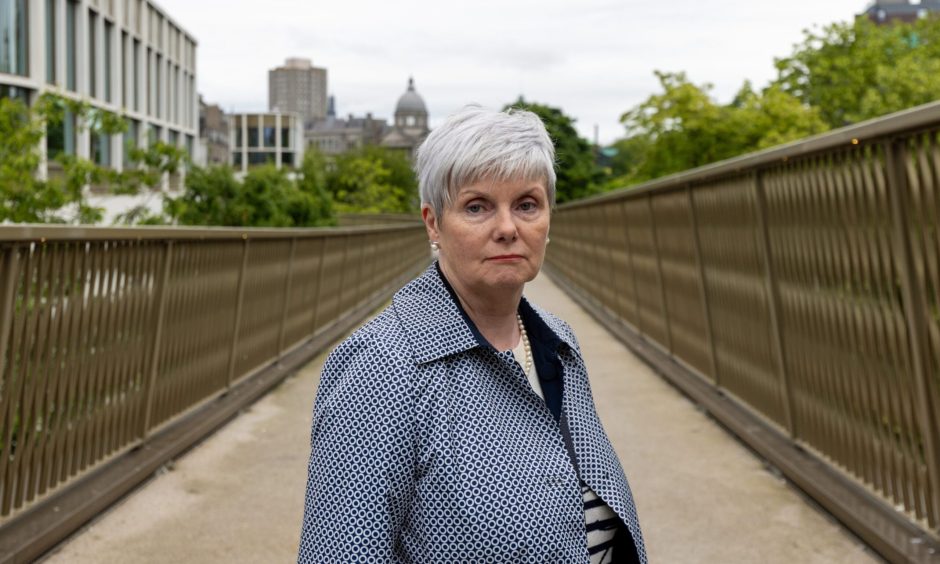
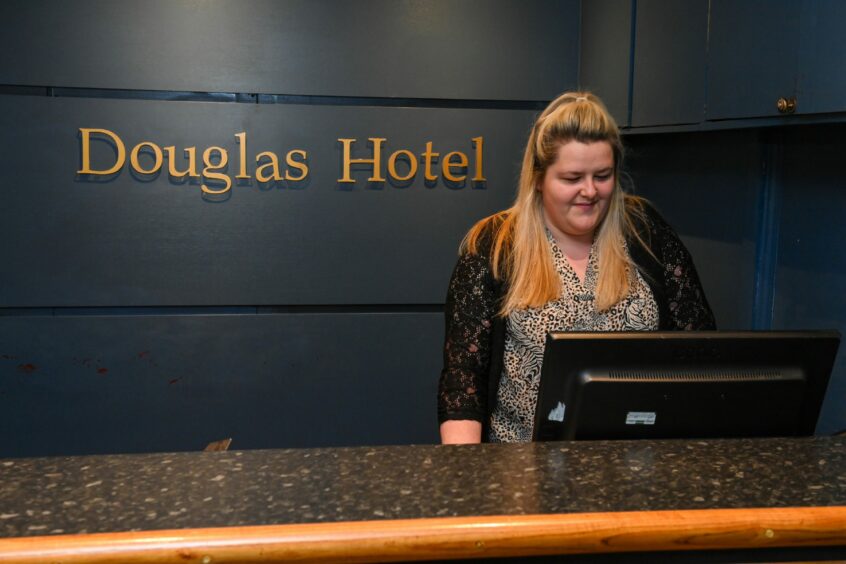
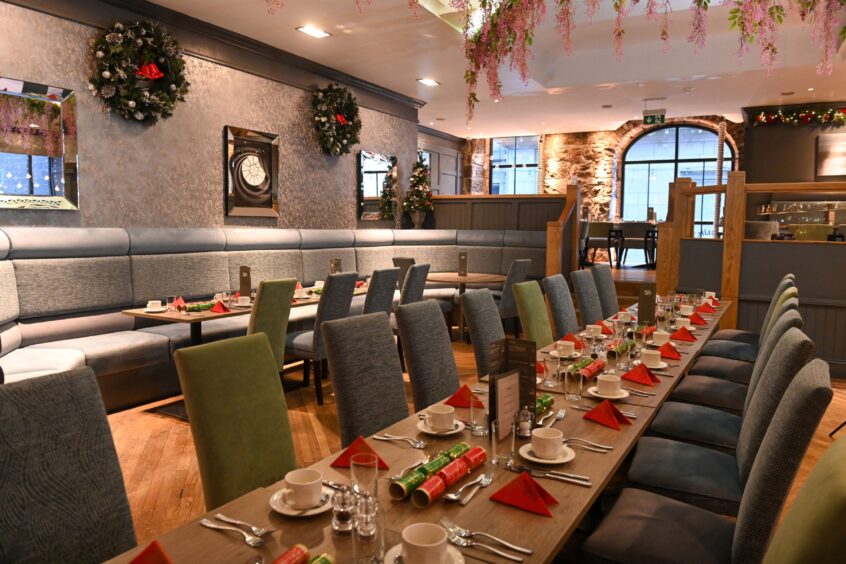
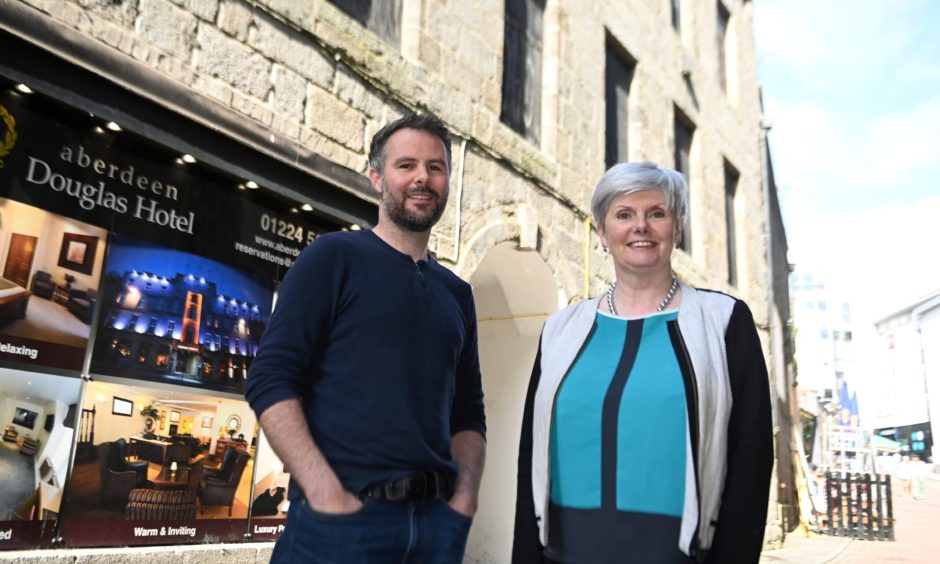
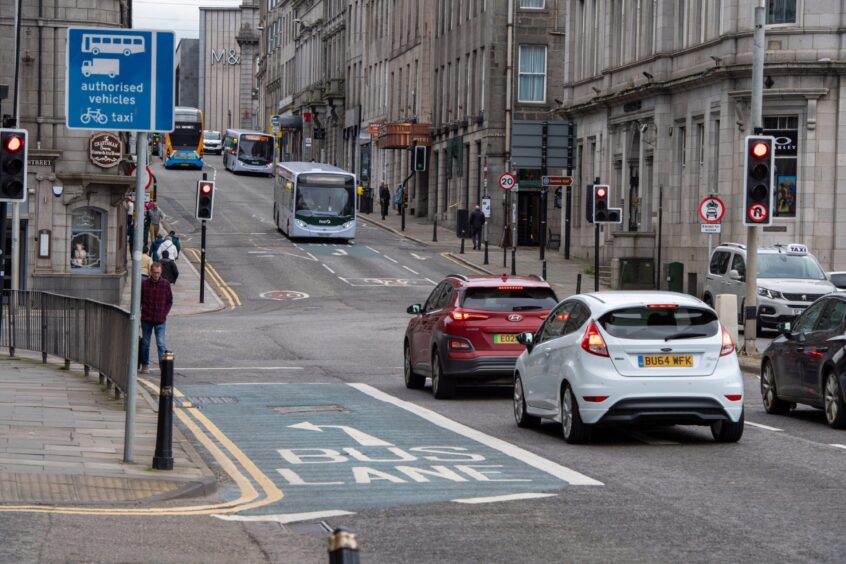
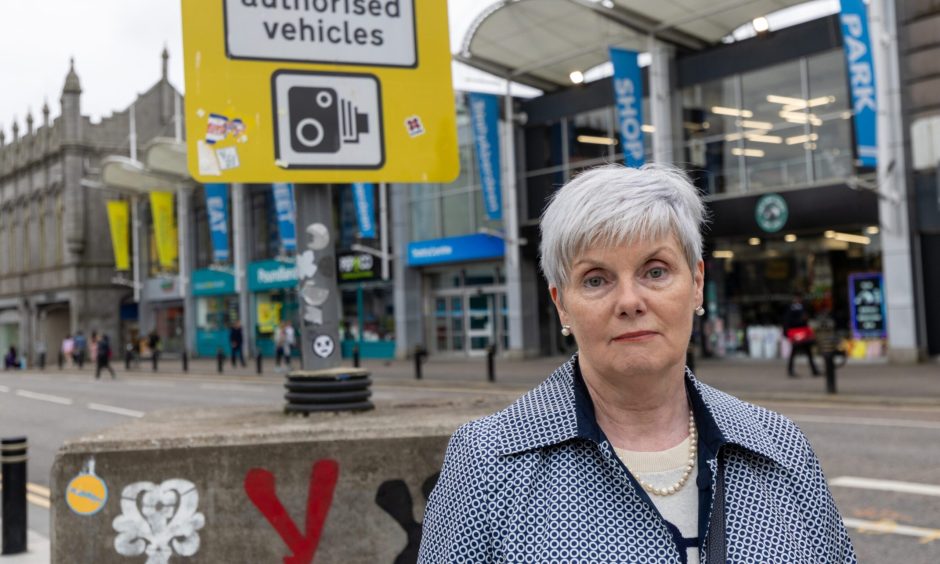

Conversation